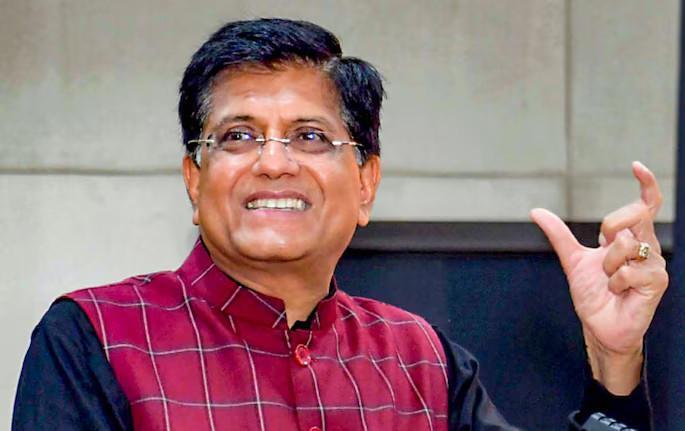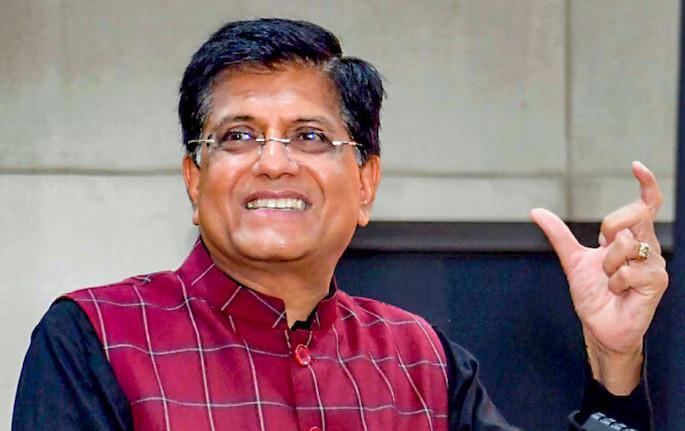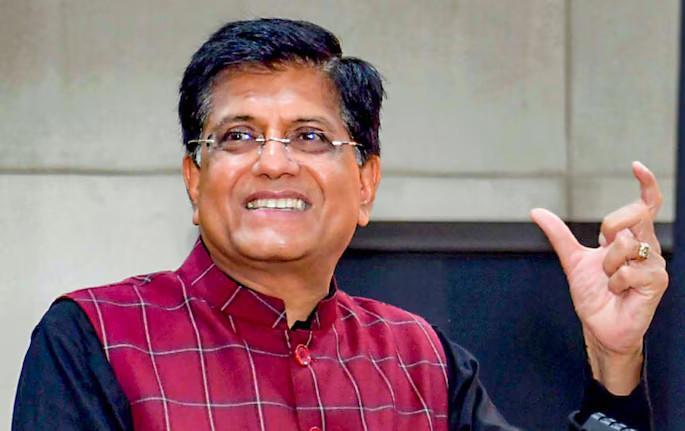
OpenAI & Elon Musk Agree to Fast-Track Trial Over For-Profit Model
In a significant development, OpenAI and Elon Musk have agreed to fast-track a trial regarding OpenAI’s transition to a for-profit model. This decision comes after a court earlier denied Musk’s request to pause OpenAI’s transition to the model. The controversy surrounding OpenAI’s shift from a non-profit to a for-profit entity has been ongoing for some time, with Musk accusing the company of straying from its original goal of creating AI for humanity’s benefit.
According to a court filing, the trial will now take place in the coming months, with the exact date yet to be determined. The fast-tracked trial is a significant development in the ongoing dispute between Musk and OpenAI, and is likely to have major implications for the future of artificial intelligence (AI) research and development.
For those who may not be familiar with the story, OpenAI is a non-profit artificial intelligence research organization that was founded in 2015 with the goal of creating AI that is beneficial to humanity. The organization has made significant progress in developing AI technologies, including language models and computer vision algorithms.
However, in recent years, OpenAI has faced criticism from some quarters for its decision to transition to a for-profit model. Musk, who is one of the co-founders of OpenAI, has been a vocal critic of this decision, accusing the company of abandoning its original mission and prioritizing profit over people.
Last year, Musk sued OpenAI and its CEO Sam Altman, accusing the company of straying from its original goal of creating AI for humanity’s benefit. Musk argued that OpenAI’s decision to transition to a for-profit model would allow the company to prioritize profits over people, and would likely lead to the development of AI technologies that are not in the best interests of humanity.
The court case has been ongoing for several months, with both sides presenting their arguments and evidence to the court. In January, a court denied Musk’s request to pause OpenAI’s transition to the for-profit model, ruling that the company had the right to make its own decisions about its business model.
However, it appears that Musk and OpenAI have now agreed to fast-track the trial, which will likely take place in the coming months. The exact date of the trial has not been announced, but it is expected to be a significant event in the ongoing controversy surrounding OpenAI’s transition to a for-profit model.
So, what does this mean for the future of AI research and development? If OpenAI is allowed to proceed with its for-profit model, it could potentially lead to the development of AI technologies that are not in the best interests of humanity. On the other hand, if the court rules in Musk’s favor and blocks OpenAI’s transition to the for-profit model, it could potentially delay the development of AI technologies that could benefit society.
It is worth noting that OpenAI has argued that its for-profit model will allow it to expand its research and development capabilities, and to develop AI technologies that are more widely available to the public. However, Musk and others have argued that this is a flawed argument, and that OpenAI’s decision to prioritize profit over people is a betrayal of its original mission.
In conclusion, the fast-tracking of the trial between OpenAI and Elon Musk is a significant development in the ongoing controversy surrounding OpenAI’s transition to a for-profit model. The outcome of the trial will likely have major implications for the future of AI research and development, and will be closely watched by experts and enthusiasts alike.






